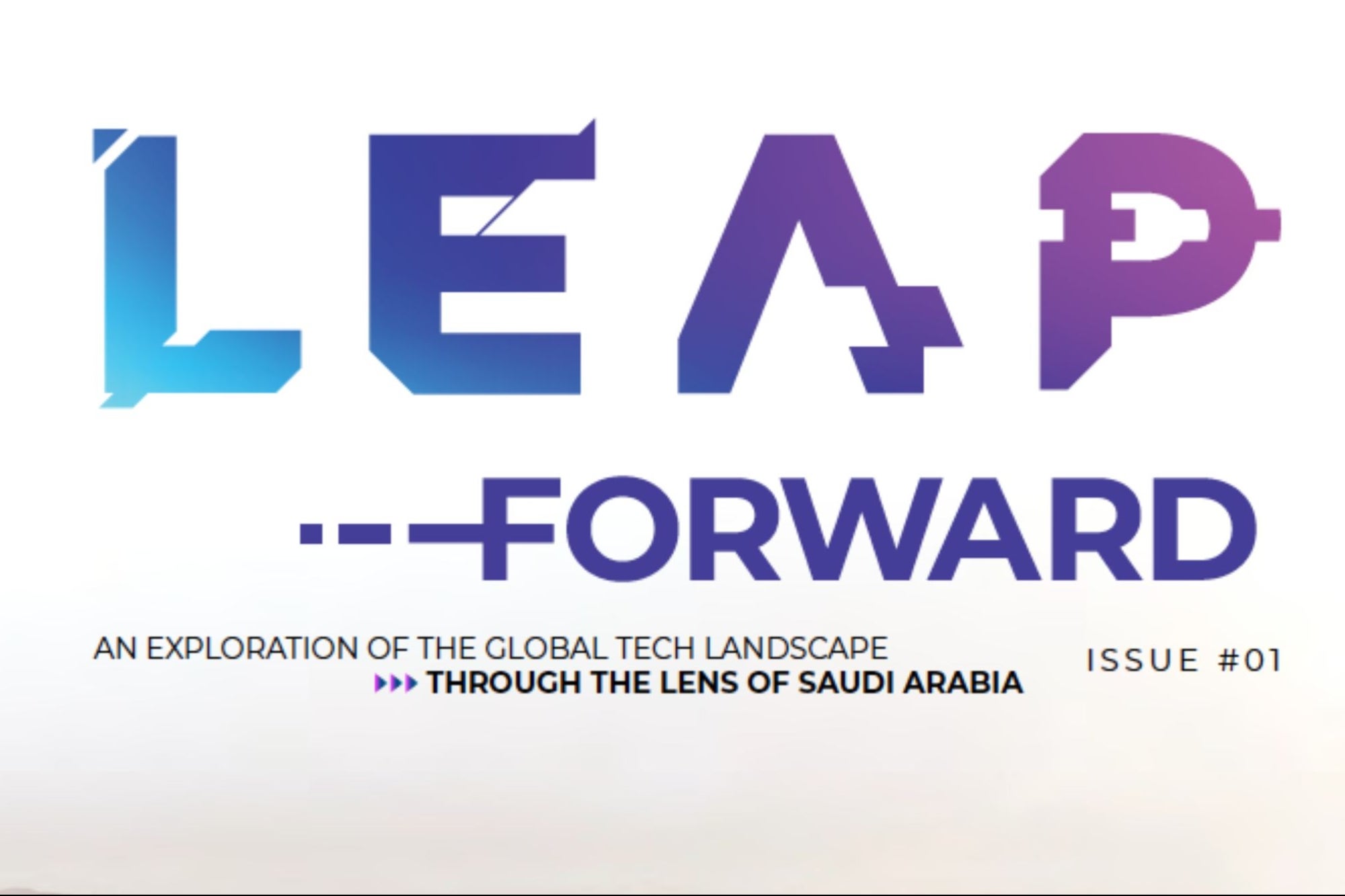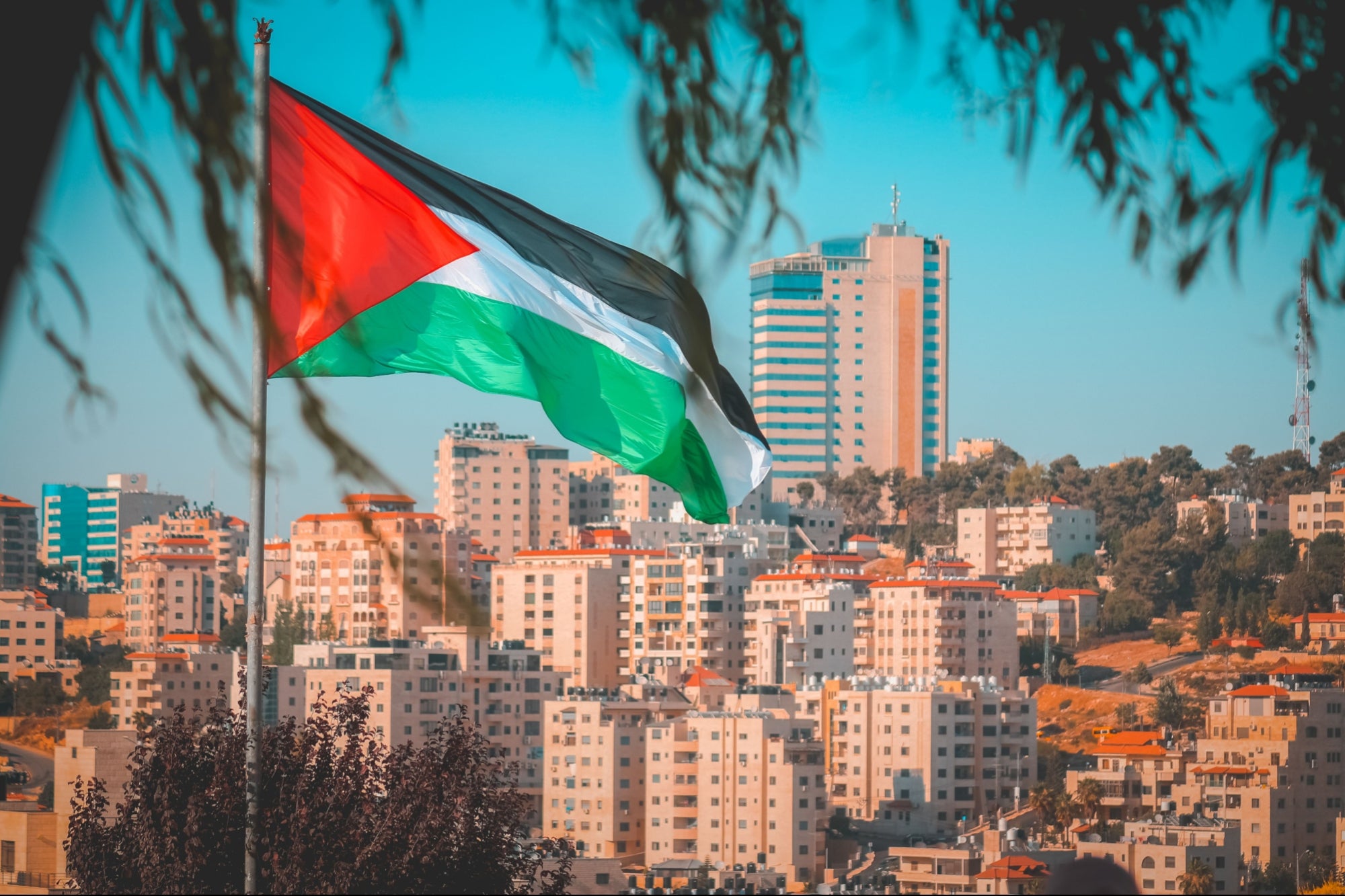Aligned For Growth: Dubai Is A Hotbed Of Opportunity For EntrepreneursIn the four years up to 2016, the UAE digital and technology sector saw 234 private investment deals amounting to over US$1.1 billion, while in 2016, the UAE topped the Middle East and North Africa (MENA) league table in both value and number of tech deals.
ByNeil Petch•
Opinions expressed by Entrepreneur contributors are their own.
You're reading Entrepreneur Middle East, an international franchise of Entrepreneur Media.

TheFinancial Timesdescribes entrepreneurs as individuals who are "drawn to opportunities, innovation and new value creation." All over the world, entrepreneurs are the people behind the businesses that become market leaders. Steve Jobs famously started Apple in a garage.Elon Muskturned Tesla from an engineering project into a global powerhouse. And Uber co-founders Travis Kalanick and Garrett Camp conquered the world one city at a time.
In the four years up to 2016, the UAE digital and technology sector saw 234 private investment deals amounting to over US$1.1 billion, while in 2016, the UAE topped the Middle East and North Africa (MENA) league table in both value and number of tech deals. More generally, small businesses in Dubai are a force to be reckoned with, making up 95% of the region's businesses and 42% of its workforce.
The entrepreneurial mindset sees opportunities where others see competition or even saturation. But starting a business is hard work. Anenvironment that's geared towards making your idea a successwill be a huge help, and Dubai and the UAE fit the bill. So let's explore how you can get the best from starting up your business in the region.
Are small businesses in Dubai really booming?
Despite some gloomy headlines over the last few years, Dubai's economy is looking healthy. The Economic Development Committee expects the economy to grow by 3.1% this year and this figure is further supported by independent research firm Emirates NBD; though the IMF believes growth this year will be nearer 2% for the UAE as a whole.
Within that environment, small businesses in Dubai and the UAE more widely continue to grow. Back in 2012, close to 17,000 new licences were issued, but by 2015 the figure was nudging 23,000. Over 40% of MENA startups find their way to the UAE, and Emirates NBD suggests that nearly 200,000 new firms could be established in Dubai by 2020– 95% of them SMEs.
There's also Expo 2020, just three years away and anticipating 25m visitors from all over the world. Last year more than 1,200 Expo contracts were awarded, amounting to AED 2bn, and so far nearly half of those have been awarded to SMEs. If Expo 2020 is the UAE's big chance to show off to the world, the figures suggest the country's support for new businesses will be a key exhibit.
How can you get set up?
So with the economy on an upward tilt and multiple contracts up for grabs, there's plenty of scope for small businesses in Dubai. But what about the practicalities? In recent years,government and private enterprisehave become increasingly aligned in their support for the practical side of setting up a new business, which has seen the UAE climb eight places to number 34 in the latest World Bank "Ease of Doing Business' overall rankings.
There are several different ways to set up a new business in Dubai. You can choose Sole Proprietorship, in which you hold 100% of your business, control all operations and retain 100% of any profits. Or you could choose a Limited Liability Company (LLC), a legal entity in itself requiring 2-50 shareholders, each liable for their share in the company. Then there's a partnership, in which two or more people share ownership of the business.
There are other routes too, and while it's for you to determine which structure best suits your business, it's worth enlisting a regional expert to help navigate the options and find the one that's right for you. You need to factor in thefuture growth of your businessas well as its immediate position, so taking professional advice is important.
Beyond the "mainland' options, the free zones in the region are a major draw, with 45 in the UAE and more than 20 in Dubai. These industry-specific hubs offer a range of incentives including exemption from import, export and corporate taxes. In the first half of 2015, totalUAE free zonetrade was worth AED297 billlion. But it's not just about financial incentives. Setting up in the appropriate free zone for your industry puts you in the middle of localized, specialized expertise, with like-minded businesses and countless networking opportunities on your doorstep.
What's the government doing to help?
近年来政府一直在关注trongly on SMEs, aiming to increase the sector's contribution to around 45 per cent of GDP by 2021. That plan entails creating 370,000 jobs, aiding around 40,000 businesses and adding AED65 billion to the economy.The Khalifa Fund, a specialist fund set up to promote and champion entrepreneurs, has put more than AED2 billion towards helping local enterprises. New businesses are firmly integrated into Dubai Vision 2021, and looking even further ahead the UAE Centennial 2071 plan aims to establish an economy based on innovation, leadership and advanced industries.
Then there'sDubai SME, a division of the Department of Economic Development (DED), which since its formation in 2002 has supported more than 4,000 projects and secured almost AED3.3 billion in contracts for small businesses in Dubai. The Dubai SME news page reveals a flurry of recent activity, all aimed at helping entrepreneurs find their feet. In recent months, the Mohammed Bin Rashid Fund (MBRF), the agency's financial arm, has teamed up with UAE peer-to-peer finance platformBeehive, aiming to facilitate SME financing and boost SME performance.
Then in March Dubai SME announced START –a new competition established as part of the Careers UAE fair– offering total prize money of AED 1 million for future UAE entrepreneurs. Finally, in April, a memorandum of understanding was signed between the DED and the IP Academy Singapore, establishing the Dubai Intellectual Property Centre which will help entrepreneurs to protect their intellectual property.
How private enterprise is helping to drive growth
In May this year, Dubai SME released a report covering the period from 2013 to 2016 which showed that, in the MENA region, the UAE reigns supreme in terms of SME investment. While some of this can be attributed to the recent blockbuster deals forCareemandSouq.com, even without them the UAE comes out on top. Factor them in, and last year saw a 70% overall jump in the value of tech investments in MENA.
Accelerators, incubators and private equity all contribute too. The Government-backedDubai Future Acceleratorsinitiative brings together entrepreneurs, top companies and government partners in a 9-week programme aiming to foster collaboration and investment. Also there's a wealth of private firms such as In5, Turn8, Impact Hub and Astrolabs, helping startups and their entrepreneurial founders to develop their businesses in a community of like-minded individuals. While these initiatives are mainly about securing investment, they're also about enabling startups to build, grow and become revenue-generating enterprises as quickly as possible.
Venture capital firms also play a major role and alongside newer, smaller players such asVenture Souqand Envestors, more established firms like Wamda Capital andBeco Capital, both based in Dubai, are still highly sought after. In 2015, Wamda Capital announced a new regional growth stage investment fund aimed at new business initiatives worth $75 million, the largest of its kind in the region to date.
Improving financing – a traditional hurdle
Traditionally, setting up in the UAE hasn't been without its problems. For all the bravado of pushing new firms, securing finance hasn't always been easy, and struggling businesses have sometimes been treated harshly under the country's legal systems. But thebankruptcy frameworkhas recently been reviewed, putting less emphasis on recrimination and more on the opportunities to restructure struggling companies in a positive way. And earlier this year Dubai SME launched a new ratings system for companies with turnover between AED1 million and AED200 million. While voluntary, this is a useful initiative which gives investors a mechanism to assess the prospects of businesses they're interested in.
The view from the ground
Investment in small businesses in Dubai continues apace. Private enterprise is behind it and the government is unrelenting in its efforts to champion startups. Meanwhile, long standing difficulties like financing are improving, and investment levels still put other MENA countries in the shade.
But how does this all translate on the ground? According to Dubai SME's latest Business Confidence Index (BCI) survey, the mood among startups is buoyant this year, with confidence higher in small businesses than in larger ones. In the first quarter of this year 78% of new businesses indicated that their business operations were not being impacted by any hurdles, a steady increase from the previous quarter.
并不是所有的这是创业的优化狗万官方m. But what's certain is that while bags of enthusiasm and drive are important in growing your business, an environment that's geared towards helping such businesses to succeed is essential. Of course nobody cares as much about your company as you do. But as it stands, you're unlikely to find another country where the government and the economy are so positively aligned to your success.
Related:Building Up A Startup Hub: Dubai Is Committed To New Businesses












